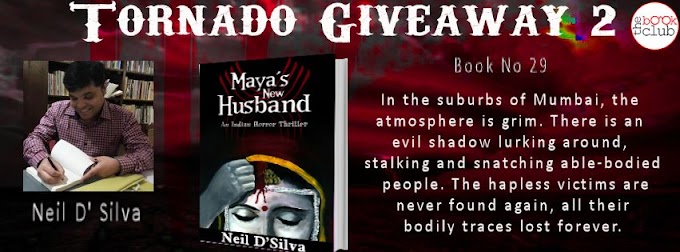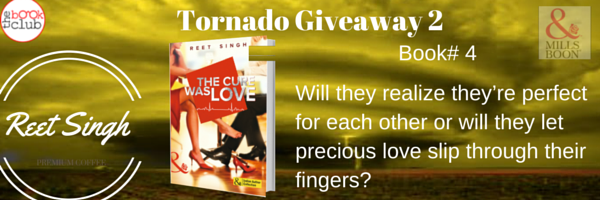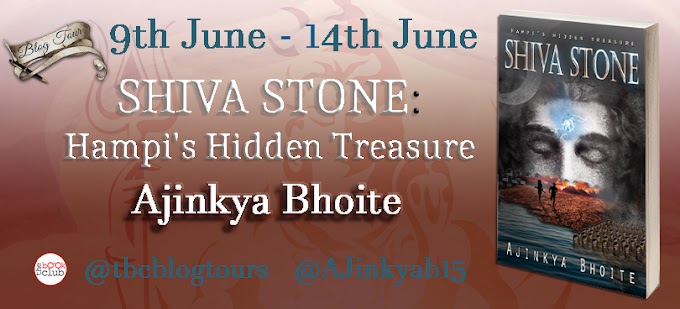Editing matters! Let me tell you why.
Your NaNoWriMo Novel
Every year in November, millions of people all over the world participate in NaNoWriMo and write 50,000 words of a novel. Most of these Wrimos (writers who do NaNoWriMo) are first-time novelists and what is actually written in November is called the ‘first draft’. This piece of writing is expectedly full of verbose prose, meandering thoughts and incomplete or badly constructed sentences. And there is nothing wrong in that because this is expected in a swiftly written (a great method to get around the evil inner editor) novel.
But the very worst thing a Wrimo could do is send this novel, as it is, to a publisher.
In fact, it is believed that quite a few years ago, publishers dreaded 1st December because on this day they were inundated with ‘novels written in November’ which they just jettisoned into the slush pile (those were the days of physical submission of manuscripts). Writers who had edited and polished their book which they’d first written during NaNoWriMo were advised not to mention that fact as much as could be helped (though the situation is much different today).
Whether that anecdotal information is true or not, the fact remains that a novel is ready to be read by anyone other than the writer only after it has been edited, revised and re-written (as necessary).
Traditional Publishing has changed
In the days of yore, publishing houses had full-time editors who worked very closely with the author in making the novel a fine piece of work. So, a Publisher would take up a book with an appealing idea even if it was not well-executed, and the team of editors would do the needful.
Remember those well-written books by PG Wodehouse, Somerset Maugham, Enid Blyton, Agatha Christie and others? Did they ever have any typos or grammar glitches? I’m sure many of us are aggressively anti-bad- grammar because of all those books we read.
But what is the scenario today? Publishing companies are notoriously understaffed, and some of them are even limited to just one publisher and editor. In such a situation, do you think a badly edited book stands a chance of being taken up, however brilliant the idea?
You, the Writer, might then be tempted to turn up your nose at traditional publishing now that you have the self-publishing option available to you at your finger-tips.
Self-publishing gives you no free pass
Self-publishing your novel does not mean that you can get away with not editing your story. In fact, the entire burden of ensuring that the text is of high quality now falls upon the writer. A reader who picks up your book expects to find quality writing that is entertaining too. In case your book fails to provide that experience, rest assured that the reader is going to waste no time in delegating you to their “never-ever- want-to- read-this- author” pile forever.
C’mon! Didn’t your parents and your teachers always advice you to “revise” what you have written before submitting your exam answer sheets to the invigilator? Editing matters, see.
In fact, to make sure Wrimos realise editing is an important next step after the writing, NaNoWriMo has designated January and February as the “Now What?” months.
So, let’s ask ourselves the question “Now What?” as we get set to edit the first draft of our very first novel.
Here are 5 steps that can be taken to make the editing process easier (haha, I’m kidding. Editing is not really an easy task, but these pointers can give you a direction to begin with):
1) Distance: Keep away the first draft and only take it out to edit once you are sure you do not remember what you’ve written. This time duration could range from a month to many years.
2) Printout: Take a printout of your novel and get it bound in the form of a book (spiral binding will work well, thank you and no, I am not talking about the hard cover binding with ornate embossing. Keep it practical, folks).
3) Relax and Read: Choose a day when you have enough time to read your book cover to cover. On that day, carry the book to your favourite reading spot with your favourite beverage and a pen (red, if you will) and settle down to read it. Remain relaxed and read it as you would a favourite novel. Use the pen only if you must. Use it at those places where your reaction is WTF!!! Or WOW!!! Did I actually write that? Yes, both reactions will erupt while you are reading and if a thought, idea, impression about the novel arises in your mind at that time, make a note of it in the margin.
4) DONT’s: DO NOT CORRECT THE TYPOS AND THE GRAMMAR AT THIS
STAGE. DO NOT DELETE ANYTHING.
5) Write: Once you’ve finished reading, write a review of the book you have just read. Be as cruel and frank as you can be.
Once this is done, detailed editing can begin.
About the Author
 |
Sonia Rao
Sonia Rao is the editor of Mumbai Mom (mumbaimom.com). She is also a fiction writer and editor, and an award-winning blogger (https://soniaraowrites.wordpress.com/). Her fiction has appeared and is forthcoming in many prestigious anthologies.
As NaNoWriMo’s Municipal Liaison for all-India and founder of the Wrimo India group, Sonia has motivated thousands of people in India to write a novel every November since 2011. She also expedited and edited the first Wrimo India Anthology, Vengeance – A Sting In Every Tale.
|
Next post- Editing Matters: What kind of editing does your book need?















4 Comments
The tip is marvelous Sonia. Every writer needs it. Thanks Rubina and Sonia for sharing this.
ReplyDeleteThanks so much for reading and appreciating this post, Paromita. Glad it was helpful. :)
DeleteThis is just the beginning, and absolutely necessary. But the real challenge comes in selling the damn thing.If you do not know how to sell your wares, self-publishing is not a free ticket to happiness. Even crap sells in numbers if marketed well.
ReplyDeleteAny writer cannot call another writer that they are writing crap :) We have to respect 'the words'. Now coming to marketing and writing - that again is not true. If you write well, your books will sell - one reader will spread the word to another and so on. If you write with a poor story line and editing issues, even your friends cannot save you after a few attempts. I hope Mr. Bedi you don't think that writing is a profession? For it's not. Its our daily life, every moment we live is what translates into our page. So please don't call a writer's word crap. Be it CB or be it Dan Brown or be it a newbie writer.. the first step would be to falling in love with the art - then comes editing and marketing.
Delete